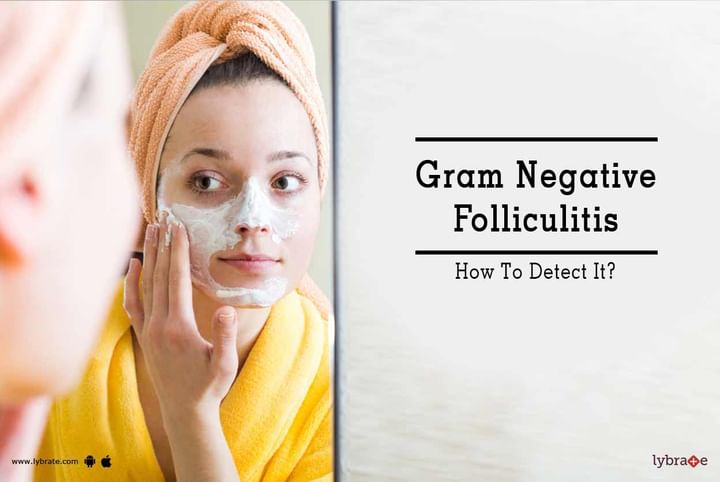Gram Negative Folliculitis - How To Detect It?
Gram-negative folliculitis is an infection of the skin. It is caused by gram-negative organisms. This can occur in patients, who are suffering from acne vulgaris and rosacea. In these patients, the acne gets resistant to drugs or antibiotics due to its prolonged use. This disease was first discovered by Fulton in 1968. People suffering from aids may also develop this infection.
Complications
Gram-negative folliculitis can cause other skin conditions including the following ones:
1. Spa pool folliculitis is a pseudomonas infection.
2. Folliculitis caused by aeromonas hydrophila: This happens due to exposure of injured skin to contaminated water.
The appearance of Gram-negative folliculitis: It looks like rash similar to that of acne. Often patients mistake it to be the worst form of acne. In most cases, Gram-negative folliculitis leads to superficial pustules with lesser papules and comedones. These are caused by Klebsiella, Escherichia and Serratia species. In rare cases, it forms deeper lesions, which are nodular and cyst-like. These are caused due to infection by Proteus species. This microbe fails to penetrate deeper layers of the skin. The lesions are found on the upper lip, under the nose and on cheeks.
Diagnosis: When acne gets unresponsive to antibiotics, you should suspect it to be a case of gram-negative folliculitis. It is diagnosed by cytology. The colour of the bacteria in gram stain appears red or pinkish. Bacterial culture is conducted to identify the species.
Treatment: The treatment of gram-negative folliculitis can be done by using isotretinoin and other systematic antibiotics. Isotretinoin is a complex compound of beta-carotene and is effective for treating severe and unresponsive nodulocystic acne. This has been proved best for the eradication of facial lesions and nasal carriage in two to three months. Recurrence of the lesions is not seen.



+1.svg)
